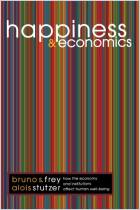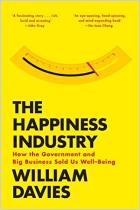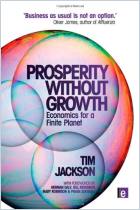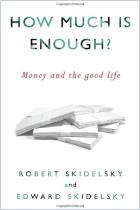
Recommendation
In the past, economists could not measure factors intrinsic to human nature, so they conveniently left concepts like happiness out of their calculations; thus they compare the wealth of nations using measures such as the gross national product. But what if, following the example of the tiny Asian country of Bhutan, nations began instead to try to increase their "gross national happiness"? How would they do it? Economist Richard Layard attempts to answer these questions by applying lessons from the relatively new field of "positive psychology" to human social systems. Although some readers may dismiss his viewpoint as touchy-feely, it is based on science. He finds, for instance, that if politicians truly wish to create happy societies, they will have to aim at something greater than ever-expanding marketplaces. This readable discussion of the "new science" of happiness draws some provocative conclusions. getAbstract recommends it to those who are interested in self-development and to public policy experts looking for a new approach.
Summary
About the Author
House of Lords member and British economist Richard Layard has written several textbooks and is founder of a research facility devoted to economics within the London School of Economics. He worked as a consultant in government between 1997 and 2000.



















Comment on this summary